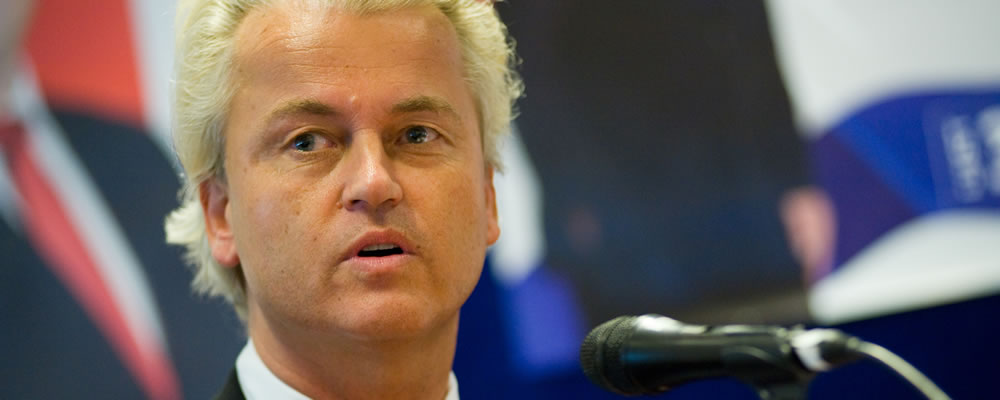Despite the more hawkish tone taken at last week’s European Central Bank (ECB) policy meeting, the appeal of the Euro (EUR) weakened ahead of fresh commentary from President Mario Draghi on Monday.
The initial bout of optimism regarding the monetary policy outlook of the ECB has faded, given that the prospect of any actual tightening is still quite distant.
Even so, if Draghi proves to be more hawkish than dovish in his speech in Frankfurt EUR exchange rates could find a fresh rallying point.
Commentary from other members of the ECB executive board could equally shore up the single currency, with investors keen to see whether more policymakers are inclined to shift away from the Bank’s long-standing easing bias.
Demand for the Euro could also increase in response to the ZEW economic sentiment surveys for March, as forecasts point towards a solid uptick in domestic confidence.
However, EUR exchange rates are unlikely to shrug off the negative impact of the political worries that continue to grip the Eurozone in the near term.
Increased Euro volatility is expected on Wednesday as voting in the Dutch general election gets under way, with markets remaining nervous of the possibility of a fresh populist upset.
If signs point towards a defeat for the far-right, though, the single currency could return to more bullish form in the latter half of the week.
With the House of Commons looking set to reject the Lords’ amendments to the Article 50 bill markets anticipate that Theresa May could trigger the start of formal exit proceedings imminently.
This increased air of certainty helped to encourage Sterling (GBP) to strengthen across the board, weighing down the Euro to Pound exchange rate.
Nevertheless, worries over the likely shape of any Brexit deal are expected to increasingly hamper demand for the Pound in the coming months.
Thursday’s Bank of England (BoE) policy meeting could give the EUR GBP exchange rate a fresh boost, meanwhile, if policymakers maintain a more cautious view on the domestic economy.
As Mikael Olai Milhøj, senior analyst at Danske Bank, noted:
‘We still expect the BoE to remain on hold for the next 12 months. While we think it is unlikely the BoE will tighten monetary policy in a time of elevated political uncertainty, we think we need to see substantially slower growth and/or higher unemployment before easing becomes likely again.’
As markets have already effectively priced in the impact of the Federal Reserve raising interest rates at its March rate decision the US Dollar (USD) has limited upside potential this week.
The unexpectedly strong non-farm payrolls figure for February has seen an imminent rate hike become a virtual certainty, putting some downside pressure on the EUR USD exchange rate.
However, if comments from Fed Chair Janet Yellen point towards the possibility of interest rates being raised multiple times over the course of the year this could inspire the ‘Greenback’ to return to more bullish form.
Current EUR, GBP, USD Interbank Exchange Rates
At the time of writing, the Euro to Pound exchange rate was slumped in the region of 0.87. Meanwhile, the Euro to US Dollar exchange rate was trending narrowly at 1.06.



